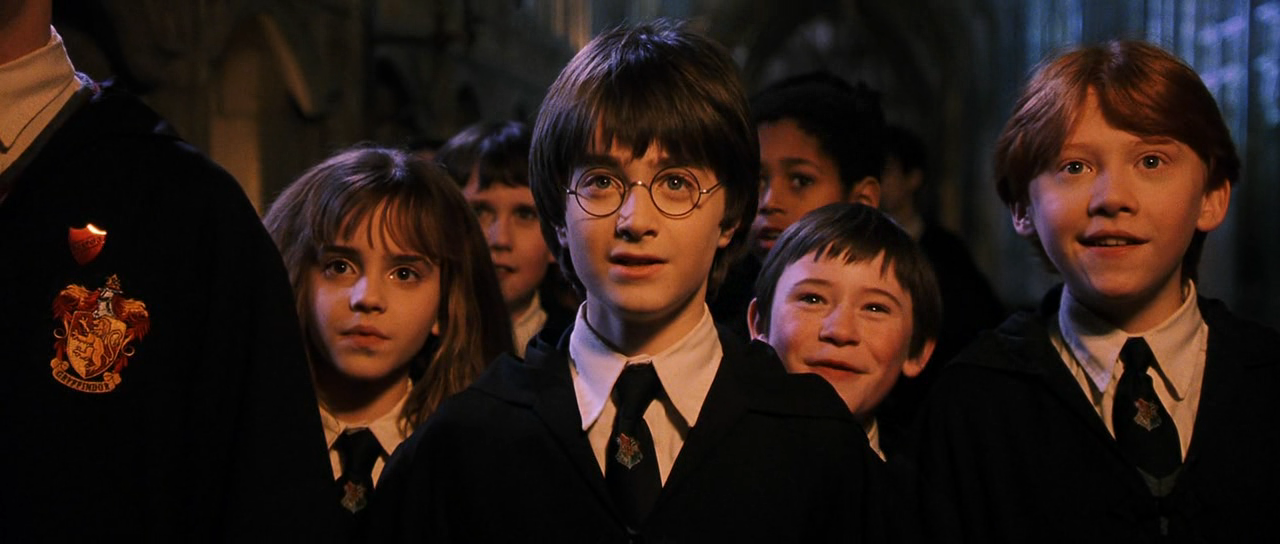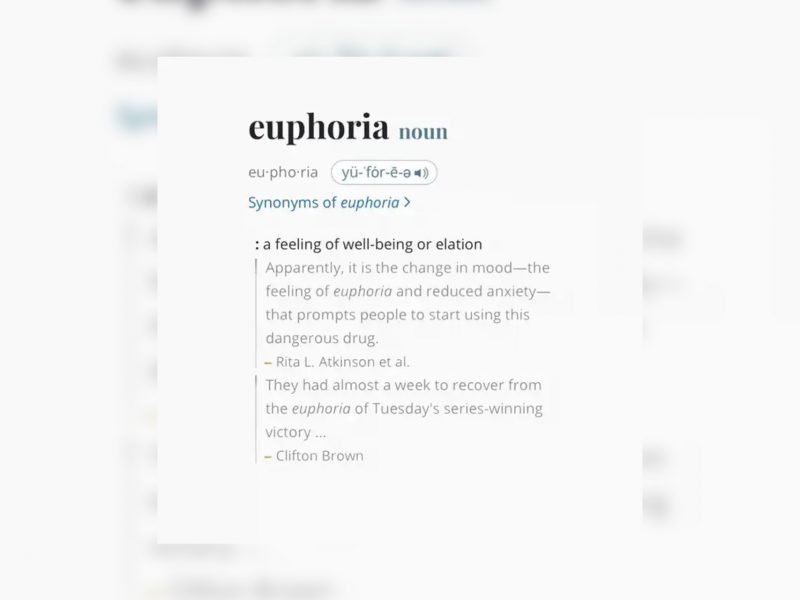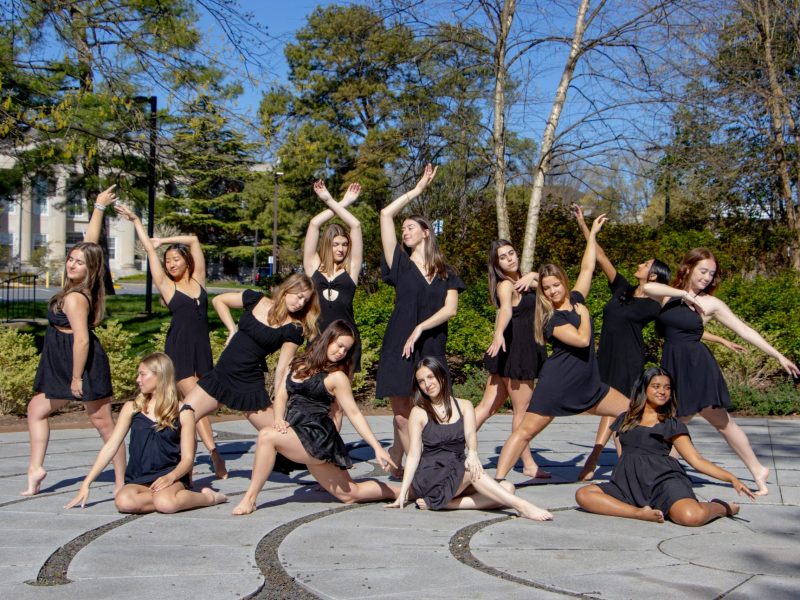There was once a time when my dad was a bigger Harry Potter fan than I was. Saying that now makes me smile because after reading the book series seven times and sitting through countless Harry Potter Weekend marathons on ABC Family, now known as Freeform, it’s safe to say I now hold the family title of Biggest Potter Enthusiast. But originally the title belonged to my dad, and there’s no question that it was well-deserved. He read the series religiously, finding time after work or before a run to get a few pages in. I distinctly remember him leaving a family camping trip early to join the thousands of people across the country standing in line for the Harry Potter and the Deathly Hallows book release.
Whenever he tried to convince me to give the franchise a chance I always wrote him off. How could I possibly find something my dad enjoyed worth reading? No matter how hard he tried to convince me to read them, I always countered with stereotypical middle-school negativity. Until one day, when ungodly summer boredom led me to Harry Potter and the Sorcerer’s Stone, sitting in the middle of the coffee table begging to be read.
You can see where the rest of this story is going.
After consuming all seven Harry Potter books, I quickly turned to the movies. Granted this was 2008, so only five of the eight movies had been released. And although they were by no means equal to the books in greatness, they offered a different kind of love for me to enjoy. I started thinking about the series’ impact when I found out Nov. 14 marks the 15th anniversary of the Harry Potter and the Sorcerer’s Stone movie release.
Obviously I wasn’t the only one affected by these books and movies; thousands of people around the world have been touched in some way by the golden trio of Harry, Ron and Hermione, making the Harry Potter franchise perhaps one of the greatest cultural phenomena of our generation. Perhaps the most memorable part of the Harry Potter franchise is that the story tends to grow with its readers. When watching the movies, audience members literally witness Daniel Radcliffe, Rupert Grint and Emma Watson growing up in front of the camera. Witnessing this transition encourages a relationship to form between the characters and audience members. Imagine a young boy being told he’s a freak at recess, ostracized because maybe he’s different from his peers. Imagine the comfort he feels reading a story about Harry — a boy just like him — who eventually creates unbreakable friendships and pretty much saves the world from mass destruction. Imagine a young girl in grade school, already labeled as “bossy” instead of “powerful,” read about Hermione Granger for the first time. These kids aren’t just learning more about themselves through these characters — they’re given the opportunity to grow into the adults they want to be right alongside their favorite heroes.
These stories aren’t just for kids either. Like my dad, adults are just as susceptible to the world of Hogwarts, in large part because of the underlying tones of injustice the stories present. Issues such as systemic racism, sexism, ableism and poverty are brought to light throughout the series, highlighting each issue in a unique and inclusive way. These topics were even discussed to such a degree parents began to wonder if the books were too mature for their kids. And yes, there are some gruesome moments; Bellatrix Lestrange carving the word “mudblood” into Hermione’s arm isn’t exactly a cheerful scene. But ultimately I don’t think the series would have been as important as it was without these topics. This is one of the first successful series I can think of in which kids are encouraged to learn about and even fight against injustices in their communities. Fiction in some sense is meant to mimic the world around us, and including hard topics in a fictional world can stimulate conversation about the disparities found in our own surroundings.
Yet despite some of the darker moments, the core message found in each book and movie is clear — with love, there is nothing you can’t accomplish. Yes, it’s a cliché, but it’s so important I find it hard to find fault in it. Harry, Ron and Hermione taught a generation of now-grown kids that love is the ultimate answer to fear, anger and hatred. They taught us how to hold our friends close, and, if possible, forgive our enemies. When viewed in this context, it makes sense that people are reaching for Harry Potter as a source of comfort after the presidential election — the actions of these three fictitious teenagers so closely resemble the Love Trumps Hate movement. The message is so incredibly simple, and yet it is one that often gets overlooked in daily life.
Harry Potter has influenced the lives of thousands worldwide, and continues to do so despite the story being over. With our nation in the midst of an unsteady transition, it’s OK to pick up these stories to process what’s happening. As J.K. Rowling herself said: “Whether you come back by page or by the big screen, Hogwarts will always be there to welcome you home.”



